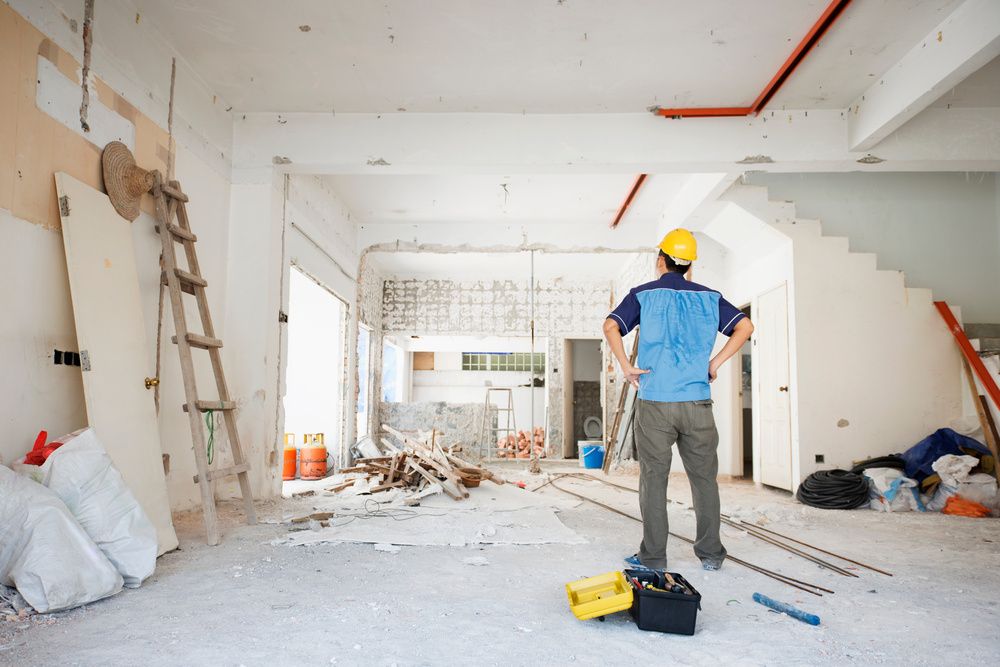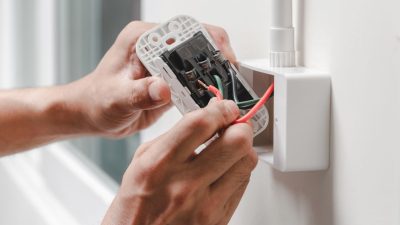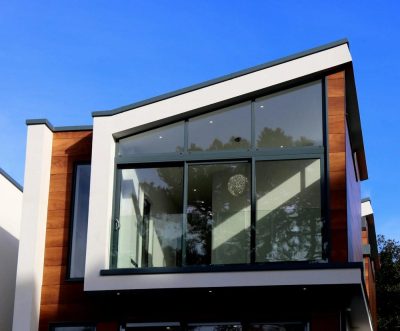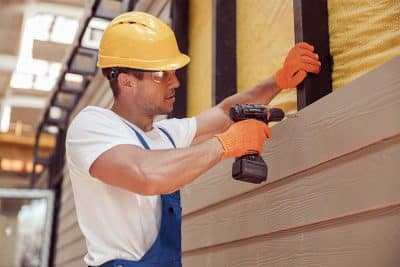
Benjamin Franklin once famously said, ‘If you fail to plan, plan to fail’.
Well, it is entirely possible that this quote was inspired by frustrations experienced during home renovations!
Refurbishing your home is an involved process that can be very stressful. Therefore, it pays to meticulously plan every aspect of yours to ensure things run as smoothly as possible. If you don’t, you can find yourself having to negotiate a number of errors and pitfalls that can waste time and money and test your resolve.
In this post, we’ll examine ten of the most common mistakes to avoid during home renovations. Even though you might be bursting with excitement at the prospect of enhancing the look and feel of your home, it is worth taking the time to address these issues before they arise.
1. Having an Unclear Vision
It is important to have a clear vision of what you want to create before undertaking any home renovations.
Changing your mind midway through the refurbishment can be very costly, both in terms of the money you outlay and the length of time set aside for the overall project to be completed.
If you don’t have a clear vision, it can also lead to misunderstanding with your contractor about the full scope and design of the work you want to do.
Therefore, taking the time to fully understand what you are trying to achieve will save you a lot of problems in the long run.
2. Trying to do everything yourself
While it’s understandable that you will want to keep your costs down as much as possible, it is important to recognise that some aspects of home renovation should only be done by a licensed, qualified and experienced professional.
Unless you fall under this category, you should never attempt electrical rewiring work on your own.
Additionally, you should call in specialist tradies for structural work, plumbing, updating insulation, roofing, and installing gas appliances. This should ensure the work is done quickly and according to Australian standards.
3. Hiring the Wrong Tradie
If you do engage the services of a tradie, it is important to pick the right one.
You shouldn’t just pick the first person you find, unless they have plenty of glowing Google reviews and they provide you with a fully itemised quote and work timeline plan.
Additionally, you should avoid the temptation of choosing the individual who gives you the cheapest quote.
Other factors to consider are how professional they appear, how easily you can contact them and, most importantly, if you feel a connection with them.
4. Not Budgeting Properly
We all have a limited amount of money at our disposal, and while we want to get as much bang for our buck as possible, it is imperative to be realistic about what can be achieved.
When creating a budget, make sure you get quotes in writing for every aspect of the home renovation. This will help you get a good picture of the overall cost.
When forecasting costs, always err on the liberal side. Additionally, always add in a contingency fund for if and when things go wrong.
Around 20% of the total cost of your renovation costs is a good rule of thumb.
5. Buying Cheap Materials
Benjamin Franklin also said, ‘The bitter taste of low quality lingers long after the sweet taste of a low price’. And it is hard to argue against that.
When procuring materials for your home renovation, it can be very tempting to opt for cheaper items. However, this often means they won’t have the durability you want and will, therefore, need to be replaced later.
This is fine if it is something like cabinet hardware or a kitchen backsplash that is easily replaceable. But for bigger ticket items like hardwood flooring or structural work, you need to invest in better quality.
6. Not disposing of rubbish properly
Home renovation projects can be very messy and can cause problems if you are not careful.
If you leave rubbish on site, it can be a safety or fire hazard. At the same time, it can invite vermin like rats, snakes, or cockroaches into your home.
To eradicate this risk, contact a rubbish removalist who will dispose of your rubbish responsibly and in a way that is also kind to the environment.
7. Mismeasuring
Another very common mistake in home renovations is mismeasuring, particularly when it comes to installing kitchen countertops, bathtubs, or pretty much anything custom-built.
You might not realise it, but the simple act of mismeasuring can cause significant delays to your project. For this reason, you should always measure a space twice, if not three times, to be on the safe side.
8. Choosing Unsuitable Architectural Elements
Windows, floors and doors are among the most common architectural elements you will have to choose for your renovation project.
But you will need to do this wisely, as they can be difficult to replace a few years down the line.
For these elements, it is important to invest in high-quality styles that can withstand the weather and vigours of home life. At the same time, you’ll want to select something that enhances the look and feel of your living space and offers ease of use and good functionality.
Take the time to make this decision properly.
9. Focusing Too Much on Current Trends
When renovating their home, a trap many people fall into is focusing too much on current trends.
While this is fine in the short term, trends come and go. So, it is important that you choose a colour scheme and fixtures and fittings that you will still like in the next 10, 20, or 30 years.
Of course, you can always renovate again in the future, but that will cost you more money.
10. Not taking proper safety precautions
One of the biggest risks during a renovation is neglecting safety measures. Ignoring safety rules can lead to serious accidents, which could easily be avoided by following basic precautions. It’s essential to use proper protective equipment, such as helmets, gloves, goggles, and sturdy footwear. Ensure that the work areas are well-ventilated, especially when using toxic or flammable materials.
Additionally, if you have children or pets, it’s important to restrict their access to the worksite to prevent accidents. Also, keep the workspace organized and make sure all dangerous tools and materials are stored safely.
By adopting such safety measures, you’re not only preventing accidents but also creating an efficient work environment. At the same time, you’re ensuring a safe space for everyone involved in the renovation project.








